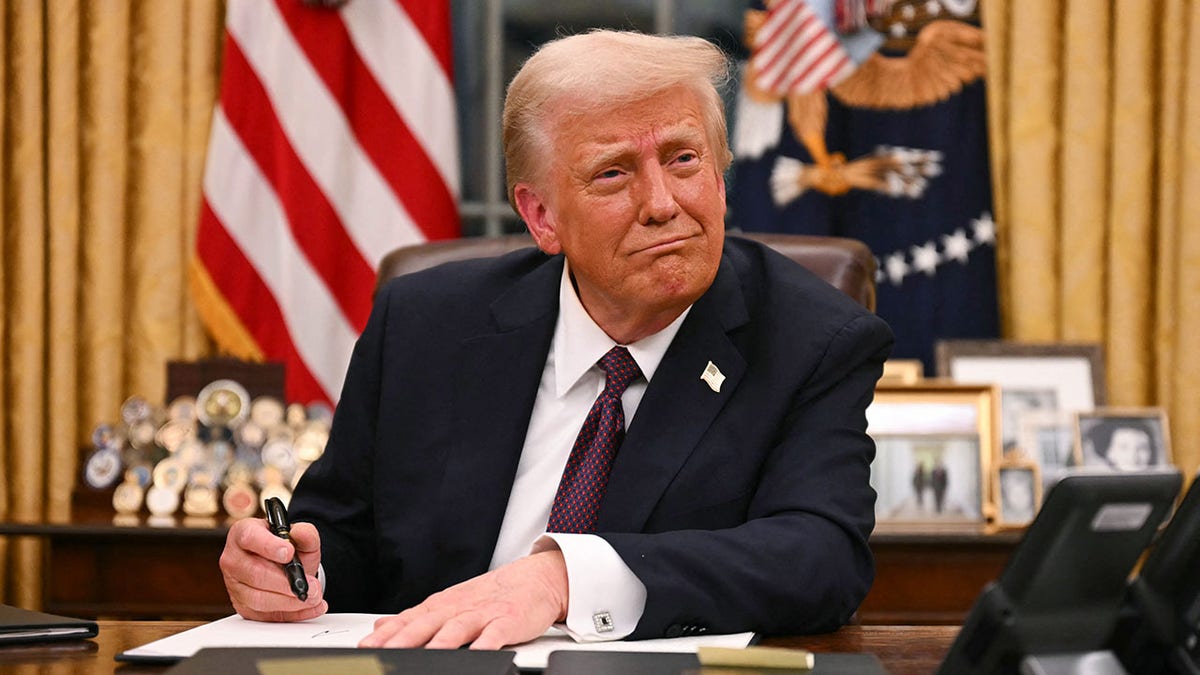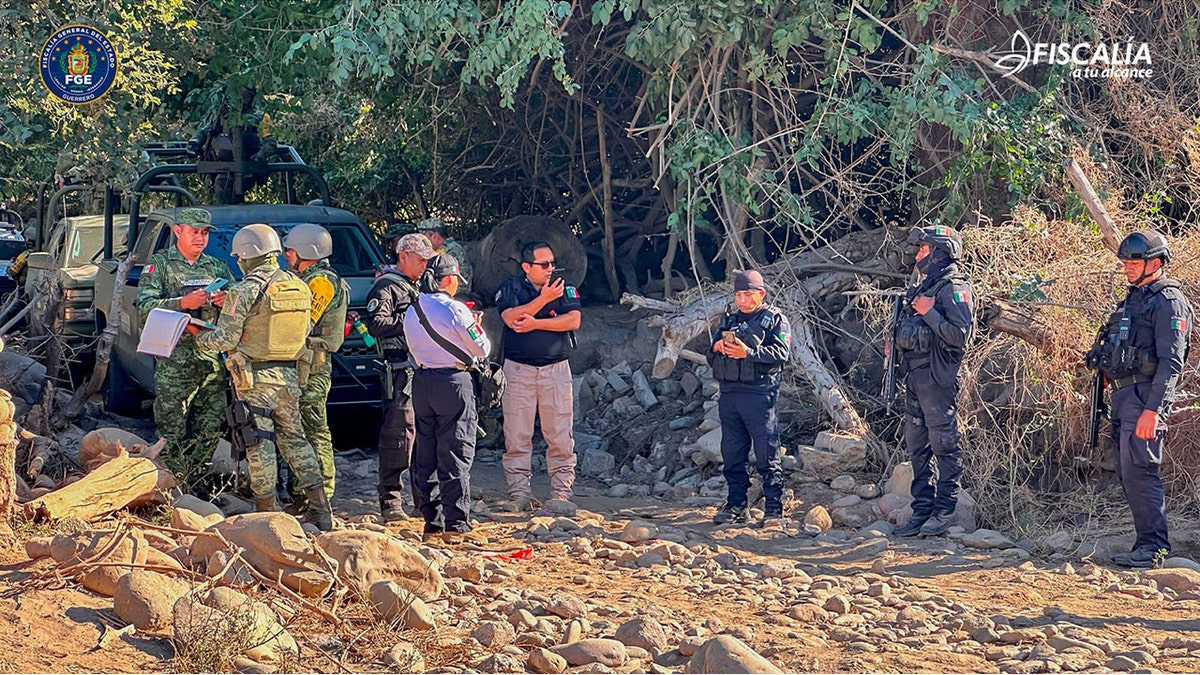Former President Trump's decision to classify Mexican drug cartels as terrorist organizations has sparked debate about the potential economic consequences for both the United States and Mexico. A recent New York Times article highlighted concerns that this designation could disrupt U.S.-Mexico trade and economic relations.
The executive order, signed on Trump's first day back in office, targets groups like MS-13 and Tren de Aragua, enabling the U.S. to impose financial penalties and potentially take military action. However, the Times report suggests that implementing these measures could prove challenging due to the deep integration of cartels into various sectors of the Mexican economy, from agriculture to tourism.

The article raises the possibility that American companies operating in Mexico could face sanctions if their business dealings inadvertently involve cartels. This risk might deter investment and trade, impacting the economies of both nations. Experts quoted in the report also warned of potential disruptions to financial transactions, including remittances sent to Mexico, which constitute a significant portion of the country's GDP.

While acknowledging the potential economic downsides, proponents of the designation argue that it is a necessary step to combat the cartels' criminal activities and protect U.S. interests. They emphasize the importance of holding cartels accountable and disrupting their financial networks.

The debate over the economic impact of designating cartels as terrorist organizations is likely to continue as the policy's implementation unfolds.
Comments(0)
Top Comments